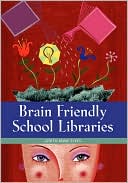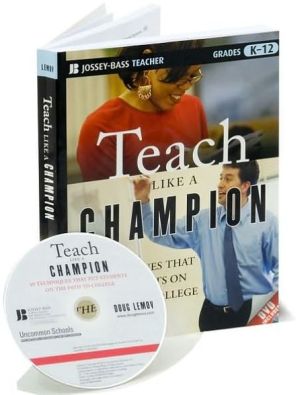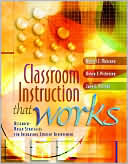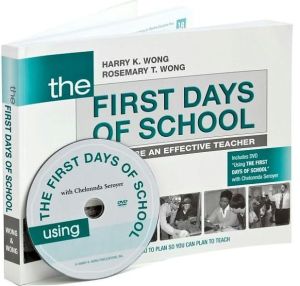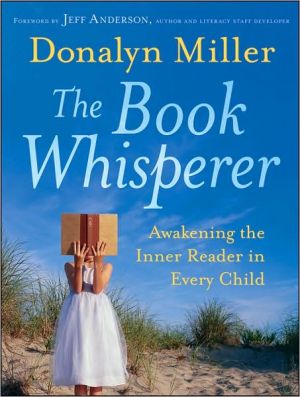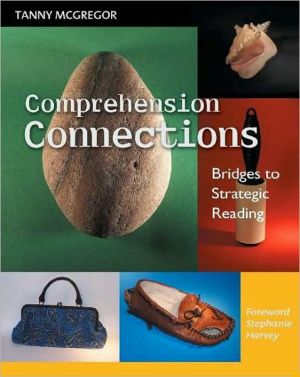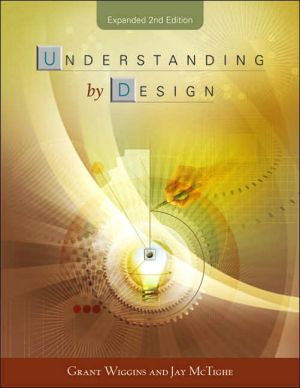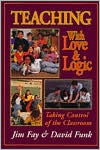Brain Friendly School Libraries
Search in google:
This title gives concrete practical examples of how to align school library programs and instructional practice with the six key concepts of brain-compatible learning: increasing input to the brain; increasing experiential data; multiple source feedback; reducing threat; involving students in learning decision making; and interdisciplinary unit planning.This title, Brain Friendly School Libraries, gives concrete practical examples of how to align school library programs and instructional practice with the six key concepts of brain-compatible learning: increasing input to the brain; increasing experiential data; multiple source feedback; reducing threat; involving students in learning decision making; and interdisciplinary unit planning. It includes chapters that summarize the current brain research and current thinking about its implication for instructional practice in the school library media center as well as discusses the work of Ellen Langer (mindful learning), Geoffrey and Renette Caine, Bob Sylwester and other major proponents of teaching with the brain in mind. Anita Beaman - VOYA School librarians looking for new approaches to teaching and learning will find a wealth of information on brain research and its place in the school library in this book. Brain friendly school libraries, according to Sykes, must become the center for all learning experiences and extend beyond the classroom into communities, homes, and students' lives. Brain friendly school libraries actually imitate the brain by connecting learners to their outside environments. After beginning with a literature review, the majority of the book focuses on creating a brain friendly school library. One chapter outlines the "how-tos" of writing a brain friendly school library plan, and the remainder of the book focuses on the roles school librarians play in brain friendly school libraries: staff developer, information literacy agent, and cultural emissary. Sykes outlines separate goals for each role, such as weeding and updating your collection, creating a brain friendly space, bringing literature and the arts into the library, and using a variety of techniques to teach information literacy. This resource contains research that might come in handy for school librarians who need to justify improving their programs to administrators. Those with an interest in brain research will be interested in the work, but many may find the reading dense and the research too theory based. The book contains some good, practical suggestions for improving school libraries, but sorting through the research to find them might become tiresome to those who simply want to make some enhancements to their programs. Still it is a professional work that will be of use to most school libraries. 2006, Libraries Unlimited, 109p.;Index. Biblio., $35 pb. Ages adult professional.
What Neuroscience Tells Us About LearningKey Concepts and LiteratureEllen Langer--Mindful LearningBob Sylwester--Applying Biological ResearchPat Wolfe--Brain Research and Educational PracticeCreating A Brain Friendly School Library PlanGoal 1: Enriched Environments--Teacher-Librarian As Staff DeveloperBrain Friendly SpaceResource-Based Learning--CollectionLearning StylesIntellectual Environments--Teacher-Librarian as Information Literacy AgentInquiry and Action ResearchInformation LiteracyProjectsEmotional Environments--Teacher-Librarian as Cultural EmissarySensory Learning--Literature and the ArtsCooperative LearningReflective LearningReferencesIndex
